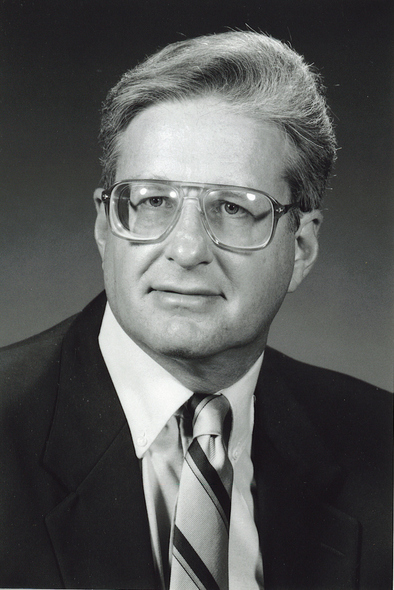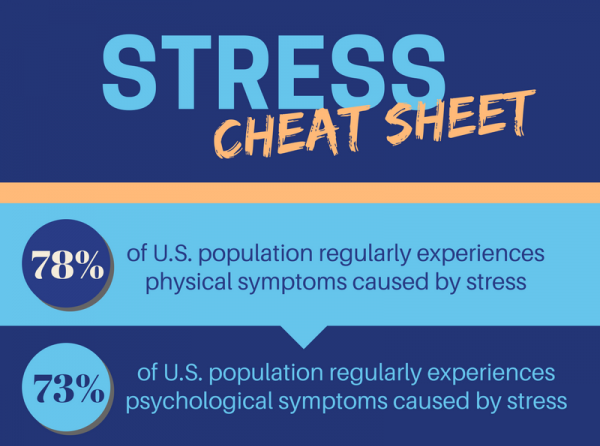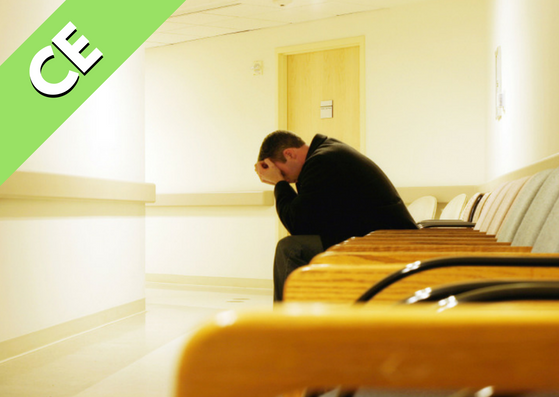Donald Meichenbaum, Ph.D.
…c in its field. He also serves as the editor of the Plenum Press Series on Stress and Coping. Articles Dr. Don Meichenbaum on the Application of Stress Inoculation Treatment for Individuals Suffering from PTSD Read transcripts from PsychAlive’s exclusive interview series with Dr. Don Meichenbaum. Dr. Meichenbaum is a founder of Cognitive Behavioral Modification with special expertise in the treatment of Post Traumatic Stress Disorder. In this inte…
Learn More








